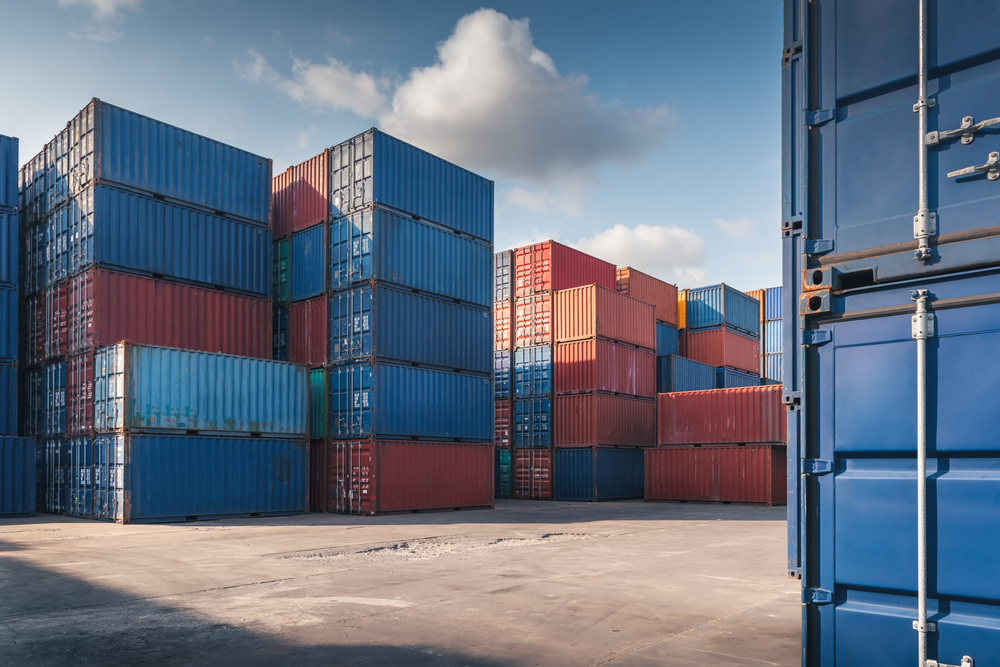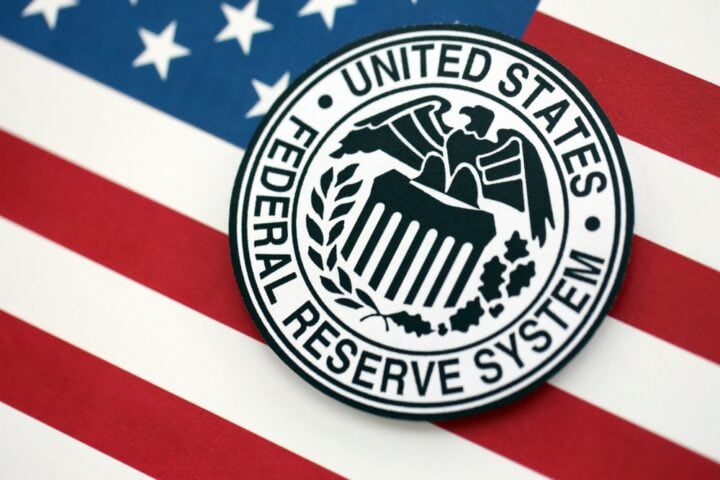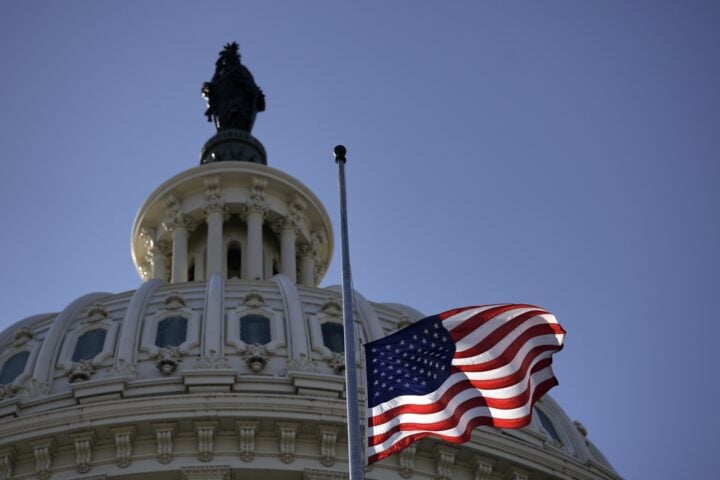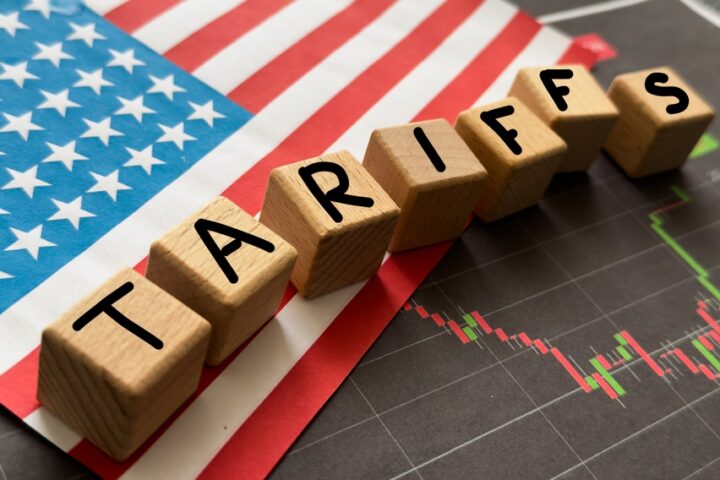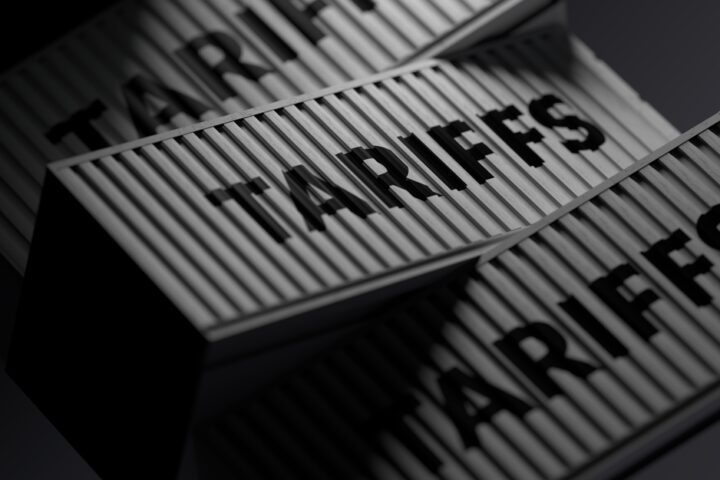China escalated its rhetoric on Monday, accusing the United States of abusing tariffs and warning countries against entering trade deals with the U.S. that harm China’s interests. The latest remarks, coming from Beijing’s Commerce Ministry, reflect growing tensions in the ongoing trade war between the world’s two largest economies.
China’s Response to U.S. Pressure
In response to a Bloomberg report that claimed the Trump administration was pressuring other nations to curb their trade with China, Beijing reaffirmed its stance. The Commerce Ministry stated, “We will take countermeasures in a resolute and reciprocal manner,” signaling a tough line in the ongoing trade disputes. The U.S. has been accused of using tariffs not only to target China but to force other nations into agreeing to trade terms favorable to Washington.
The Trump administration has ramped up tariffs on Chinese goods, with rates now as high as 145%, prompting Beijing to retaliate with its own set of duties, including 125% tariffs on U.S. products. This tit-for-tat has led to what some analysts are calling a trade embargo between the two nations. Despite these tensions, China has stated it will not raise tariffs further, signaling that it may hold firm on its current trade policies.
The Global Impact of Trump’s Tariffs
The U.S. tariff policies have been unsettling for global markets, particularly in Asia, where trade relations with both the U.S. and China are vital for many economies. Some Southeast Asian nations, which are heavily reliant on trade with both countries, are caught in the crossfire. These nations, including Indonesia and Thailand, have been engaged in discussions with the U.S. over tariff reductions, but this has come with a cost: tariffs ranging from 32% to 49%, which threaten the stability of their economies.
China has also taken steps to counter the U.S.’s growing influence. Last week, President Xi Jinping visited three Southeast Asian countries, emphasizing the importance of trade partnerships and urging these nations to oppose what he referred to as “unilateral bullying” by the U.S. As part of its strategy, China is expanding its circle of trading partners and strengthening ties within the ASEAN bloc, which is now China’s largest trading partner.
China’s Growing Trade Partnerships
Despite the ongoing trade tensions with the U.S., China has maintained a strong position in its regional and global trade relations. The ASEAN bloc, consisting of Southeast Asian nations, accounted for a total of $234 billion in trade with China in the first quarter of 2025. In contrast, the U.S. is the fourth-largest trading partner of ASEAN, with trade reaching around $476.8 billion in 2024. The significance of these numbers underscores the crucial role that Southeast Asia plays in the global trade ecosystem and the delicate balancing act that many nations in the region are now navigating.
China’s efforts to strengthen its ties with ASEAN come as the U.S. continues its aggressive tariff strategy, which has affected the economies of several Southeast Asian countries. This tension has put many smaller economies in a precarious position, as they seek to maintain trade relationships with both superpowers while avoiding becoming collateral damage in the Sino-U.S. trade war.
China’s Strategy Moving Forward
Looking ahead, China’s focus will likely remain on bolstering its economic relationships across the globe, particularly with countries in Southeast Asia. With the U.S. maintaining its tariff pressures and the threat of further trade restrictions, China’s efforts to diversify its trade partnerships and create new economic alliances will be crucial in mitigating the impact of the ongoing trade war.
As President Xi Jinping aptly put it, “There are no winners in trade wars and tariff wars,” a sentiment that will likely continue to shape China’s diplomatic and economic strategies as it navigates this tumultuous period in global trade.


